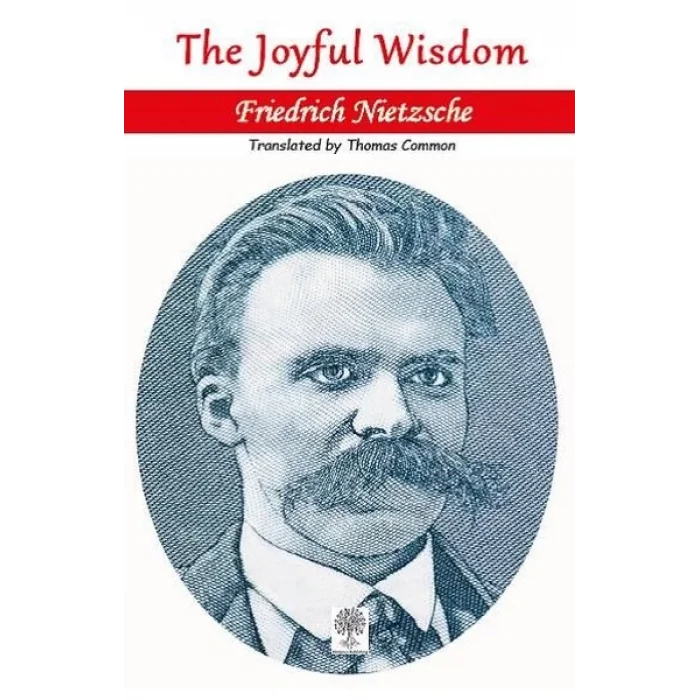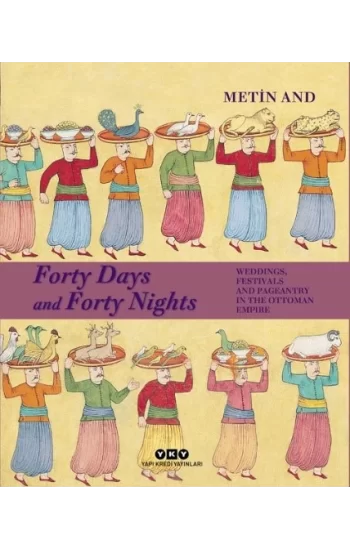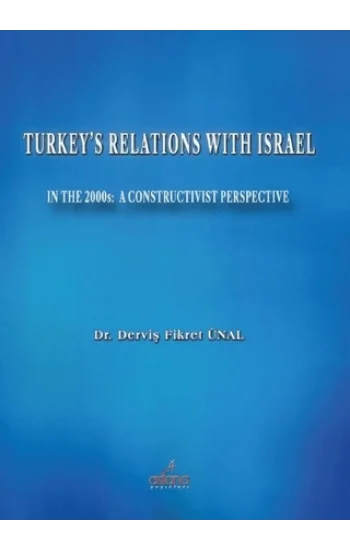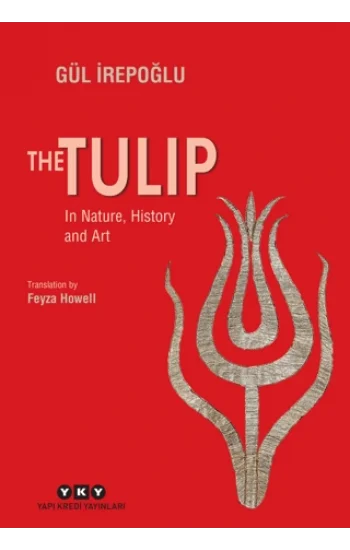The Joyful Wisdom,rdquo; written in 1882, j just before ldquo;Zara-thustra,rdquo; is rightly judged to be one of Nietzsches best books. Here the essentially grave and masculine face of the poet-philosopher is seen to light up and suddenly break into a delightful smile. The warmth and kindness that beam from his features will astonish those hasty psychologists who have never divined that behind the destroyer is the creator, and behind the blasphemer the lover of life. In the retrospective valuation of his work which appears in ldquo;Ecce Homordquo; the author himself observes with truth that the fourth book, ldquo;Sanctus Januarius,rdquo; deserves especial attention: ldquo;The whole book is a gift from the Saint, and the introductory verses express my gratitude for the most wonderful month of January that I have ever spent.rdquo; Book fifth ldquo;We Fearless Ones,rdquo; the Appendix ldquo;Songs of Prince Free-as-a-Bird,rdquo; and the Preface, were added to the second edition in 1887.


























